Posted on 9/29/2023

As the leaves start to change colors and the air turns crisp, it's a sure sign that fall has arrived. While you may be excited about pumpkin spice lattes and cozy sweaters, your car deserves some attention, too. The transition from summer to fall brings its own set of challenges for your vehicle, and if you drive an electric vehicle (EV), there are also specific considerations to keep in mind. Check Your Tires The first order of business as fall arrives is to check your tires. Cooler temperatures can cause your tire pressure to drop, affecting your vehicle's handling and fuel efficiency. Ensure your tires are properly inflated, and consider switching to winter tires if you live in an area with harsh winter conditions. Proper tire care will keep you safe on the road. Inspect Your Brakes Brakes are a critical safety component in any vehicle. Make sure to have your brake pads and rotors inspected. If you hear any unusual noises or notice decre ... read more
Posted on 8/30/2023
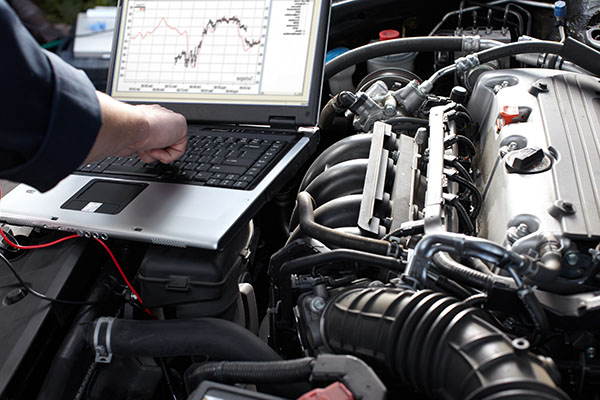
In an age where technology reigns supreme, the automotive world has witnessed a revolution that's transforming the way we understand and maintain our beloved vehicles. Say hello to the hidden hero of the modern auto repair shop – vehicle computer diagnostics or computer diagnostics for short. From deciphering cryptic error codes to predicting potential malfunctions, let's embark on a journey to demystify the world of Vehicle Computer Diagnostics and discover how they're not just helpful but indispensable for every car owner.Decoding the Language of MachinesImagine your car as a sophisticated orchestra, with each component playing a crucial note in harmony. Now, introduce the conductor – the Engine Control Module (ECM) – a digital maestro that orchestrates this symphony. Vehicle Computer Diagnostics is the translator that bridges the gap between your car's language of sensors, actuators, and codes ... read more
Posted on 7/30/2023
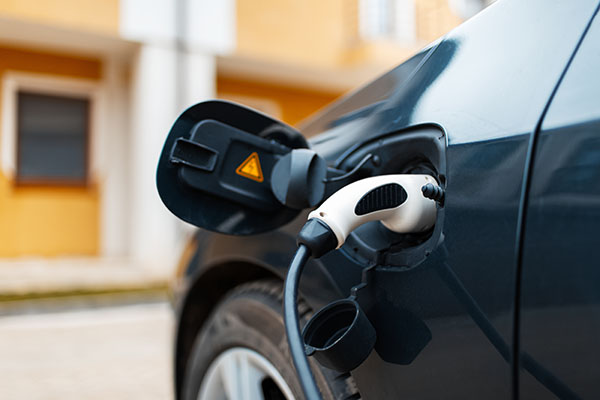
Electrical problems in vehicles can be frustrating and time-consuming to diagnose and repair. While many electrical issues can be attributed to common culprits such as faulty wiring or a dead battery, there are times when the cause of the problem is more unusual and unexpected. In this blog, we'll delve into some strange reasons for electrical problems in vehicles, shedding light on lesser-known factors that can disrupt your car's electrical system. Rodent InfestationBelieve it or not, rodents can wreak havoc on a vehicle's electrical system, actually it's quite common. Mice and rats have a tendency to seek shelter in warm engine compartments and can chew through wiring, causing shorts and malfunctions. Their nesting materials can also lead to blockages or damage. To prevent rodent-related electrical problems, consider using rodent repellents or parking your vehicle in a rodent-proof garage. &nbs ... read more
Posted on 6/29/2023
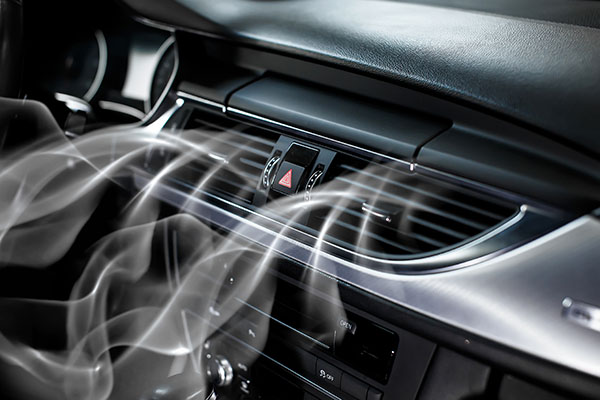
In the scorching summer months, our vehicle's air conditioning (A/C) system becomes a welcome break from the sweltering heat. However, many car owners tend to overlook the importance of regular A/C system maintenance, assuming that it will continue functioning flawlessly. Unfortunately, neglecting it can lead to a host of problems that not only compromise your comfort but also impact your vehicle's performance. #1 Decreased Cooling EfficiencyOne of the first signs of neglected A/C system maintenance is a decrease in cooling efficiency. Over time, the refrigerant level in the system may deplete, leading to reduced cooling power. Additionally, dirt, debris, and dust can accumulate in the A/C system, obstructing airflow and diminishing its ability to cool effectively. Neglecting maintenance tasks such as cleaning or replacing the air filters, checking refrigerant levels, and inspecting the condenser can result in weak or lukewarm airflow ... read more
Posted on 5/31/2023
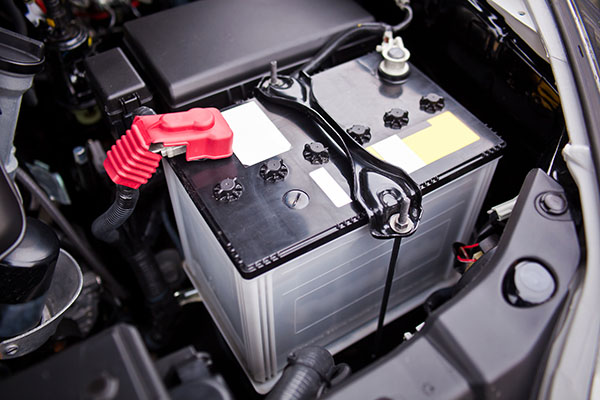
You're about to head out on an important errand or family road trip, and suddenly you turn the key, only to be met with the car not starting. But don't worry; we are here to help. Fortunately, jump-starting a car is a relatively simple process that can have you back on the road in no time. In this blog, we'll walk you through the steps to safely and effectively jump-start your vehicle. Step 1: Gather the Necessary Tools Before trying to jump-start your car, make sure you have the following items: Jumper cables: Ensure they are in good condition and long enough to reach between the two vehicles. A functioning vehicle: You'll need another vehicle with a charged battery to jump-start your car. Safety gear: Wear safety glasses and gloves to protect yourself during the process. Step 2: Position the Vehicles Position the functioning vehicle and your car close to each other, but make sure they are not touching. Turn o ... read more
Posted on 4/30/2023
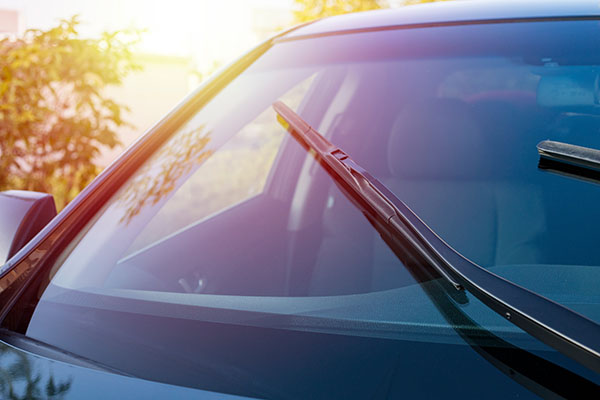
Your windshield wipers play a vital role in maintaining clear visibility while driving, especially during rainy or snowy conditions. Over time, wiper blades can wear out and become less effective, resulting in streaks or reduced visibility. Fortunately, replacing your windshield wipers is a simple task that you can easily do at home. Before We Start! Remember, it's essential to replace both wiper blades even if only one seems worn or damaged. Uneven wiper performance can affect your visibility and compromise your safety on the road. Additionally, it's recommended to replace your windshield wipers every six to twelve months or whenever you notice signs of wear. 1. Determine the correct wiper blade size Before purchasing new wiper blades, you need to know the correct size for your vehicle. You can check your vehicle's owner's manual or use an online wiper blade size finder tool to find the appropriate size. 2. Lift the ... read more
Posted on 3/30/2023

Spring is coming and so are your maintenance duties as a driver. But what should you do? Well, don't worry, because below we have listed four simple tips you can do to prepare your car for spring. Some of them can save you from costly repairs or even accidents on the road, so continue reading to find out more. Change And Align The Tires Tires should be changed in accordance with the season. While running all-season wheels is okay, putting on winter tires for the cold seasons and summer tires for the warm seasons makes a big difference. Another thing you should do is take them in for an alignment. This will make sure your wheels are making proper contact with the road and keeping you in control of the vehicle. Have Your Car Computer Diagnosed And Inspected A computer diagnostic is a simple procedure that doesn't involve any heavy-duty tools or equipment. The only thing the mechanics do is use a diagnostic tool to identify any problems caught ... read more
Posted on 2/22/2023
.jpeg)
Regular vehicle tune-ups are an essential aspect of maintaining your car's health and performance. A tune-up is a set of services, designed to inspect, clean, and replace various components to ensure that it is functioning at their best. In this blog, we'll look at the benefits of vehicle tune-ups and why they are so important. Improved Fuel Efficiency One of the primary benefits of a vehicle tune-up is improved fuel efficiency. During a tune-up, your mechanic will replace components such as air filters, spark plugs, and fuel injectors, which can become clogged or worn out over time. By replacing them, your car will be able to burn fuel more efficiently, resulting in better gas mileage and reduced fuel costs. Extended Lifespan of Your Vehicle Regular tune-ups can also help to extend the lifespan of your vehicle. Through the replacement of worn or damaged components, your car will be able to operate more efficiently, reducing the wear and tear on other parts of the engine. T ... read more
Posted on 1/31/2023
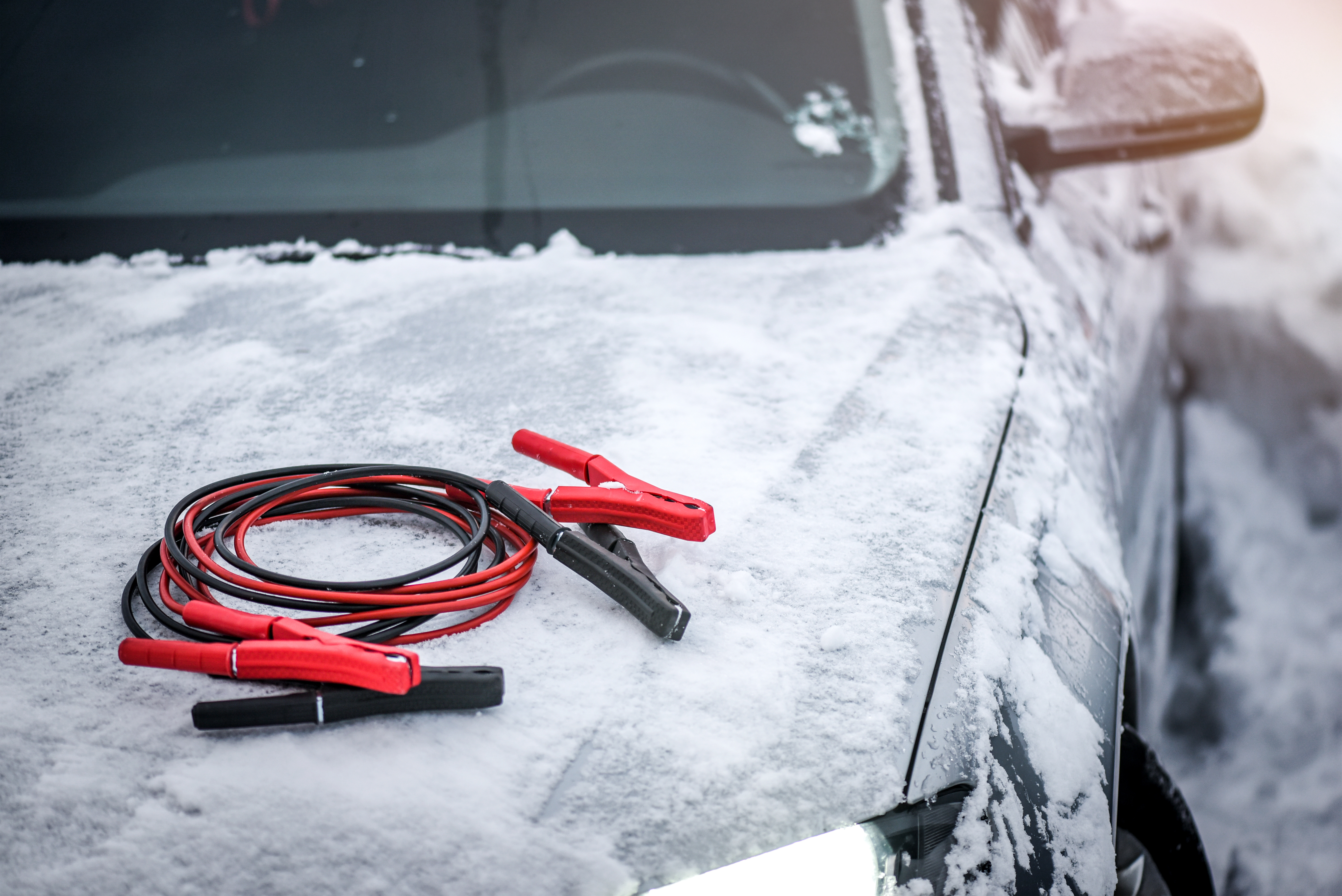
Winter can be a difficult time for our car batteries. The cold can cause them to die unexpectedly, making it inconvenient for you to get from place to place. There are a few reasons why vehicle batteries tend to die during this particular season: Reasons Why Car Batteries Tend to Die in the Winter Cold weather reduces battery power: Cold temperatures can cause the electrolyte in a car battery to thicken, which reduces the battery's ability to produce power. This means that your battery has to work harder to start your car, which can cause it to drain faster. Lights and heating systems drain power: During the winter, we tend to use more lights and heating systems in our cars, which also drain power from the battery. Short trips can drain a battery: Short trips where the car is not run long enough to fully charge the battery, can cause a gradual drain on the battery, leading to a dead battery. To prevent your car battery from dying in the winter, here are several tips: Keep ... read more
Posted on 12/23/2022
.jpeg)
Windshield washer fluid is formulated with solvent, detergent, and antifreeze ingredients to get rid of dirt and insects. When a pump and windshield wipers are used, washer fluid can be sprayed over the windshield whether the car is moving or not. All washer fluids, which come in a variety of formulae, contain some sort of antifreeze agent, such methylated spirits, to keep the fluid from freezing in the reservoir, pump, and tubing in colder areas. Different types of detergents are used in washing fluid; some formulae are marketed as "Bug and Tar Remover," "Deicer," or "All-Season." While some washer fluids are meant to be used at full strength, others are offered in powder form and must be combined by the consumer, while yet others are intended to be diluted with water. Since tap water frequently contains minerals that might clog washer jets and create deposits on glass, adding water should only be done with distilled water. Water Compared to Wash ... read more